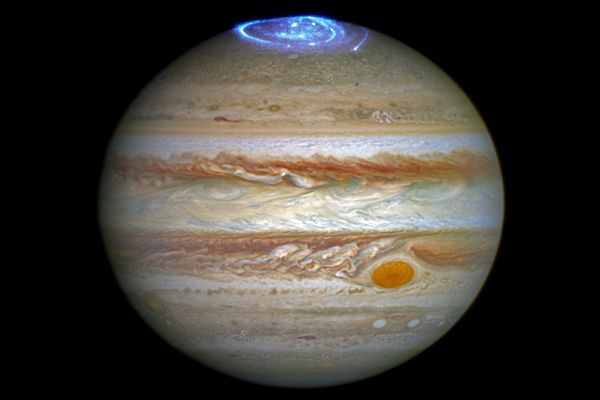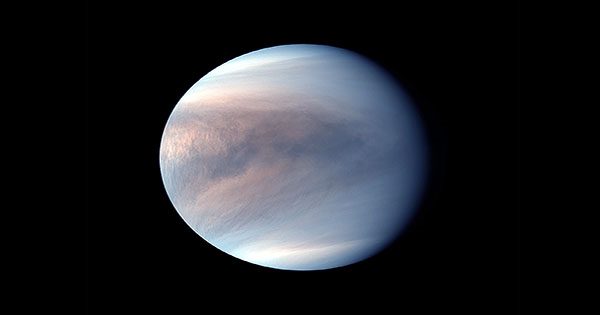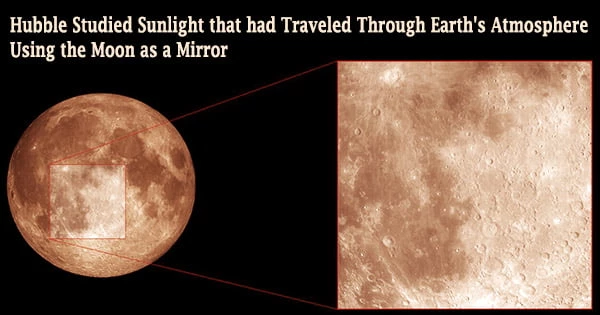There are clouds in many parts of the solar system. You see them on rocky planets like Earth and Venus, as well as gas giants around Jupiter and Saturn, and even on a few of their moons. Clouds can tell us about the water activity of the planets below. New research has shown which of these bodies could be the mother cloud for potential life like Earth in terms of water content and temperature, and it has been found that Jupiter is cozier than Venus. Last September, researchers announced the detection of phosphine on Venus, a molecule that is involved in the decay of organic matter on Earth. Since then, many have speculated that some extreme forms of life may be present in the hellish twin sulfuric acid clouds on Earth.
More follow-ups are needed to make sure this detection is actually correct, and the many new missions recently announced by Venus will further expand our understanding. However, a new study published in Nature Astronomy, looking at the water activity of Venus’s clouds, found that life on that planet is not admirable. Using a method to determine the water activity of the atmospheres of different planets, they found that Venus has a body of water to sustain life below.

The researchers established water activity that allows metabolism and reproduction on a scale of 1 to 0. The minimum required in earthly life is 0.585. The maximum value for Venus clouds is estimated to be about 60 kilometers (37 miles) from ground level, less than 0.004. This is 150 times less. If there is life in the clouds of Venus, it will be different from what we use on earth. The team also looked at the cloud water activity on Mars and found the value there to be 0.537 which is still less than the housing requirement but much closer to Venus. This is equivalent to the level found in the Earth’s stratosphere.
Really big surprise appears as Jupiter. The clouds on the planet maintain a water activity that can support life on Earth at a wide range of different temperatures and heights. Jupiter’s clouds tick the two life-friendly boxes of water and temperature, but that doesn’t mean they contain every element of life evolution and improvement.
















